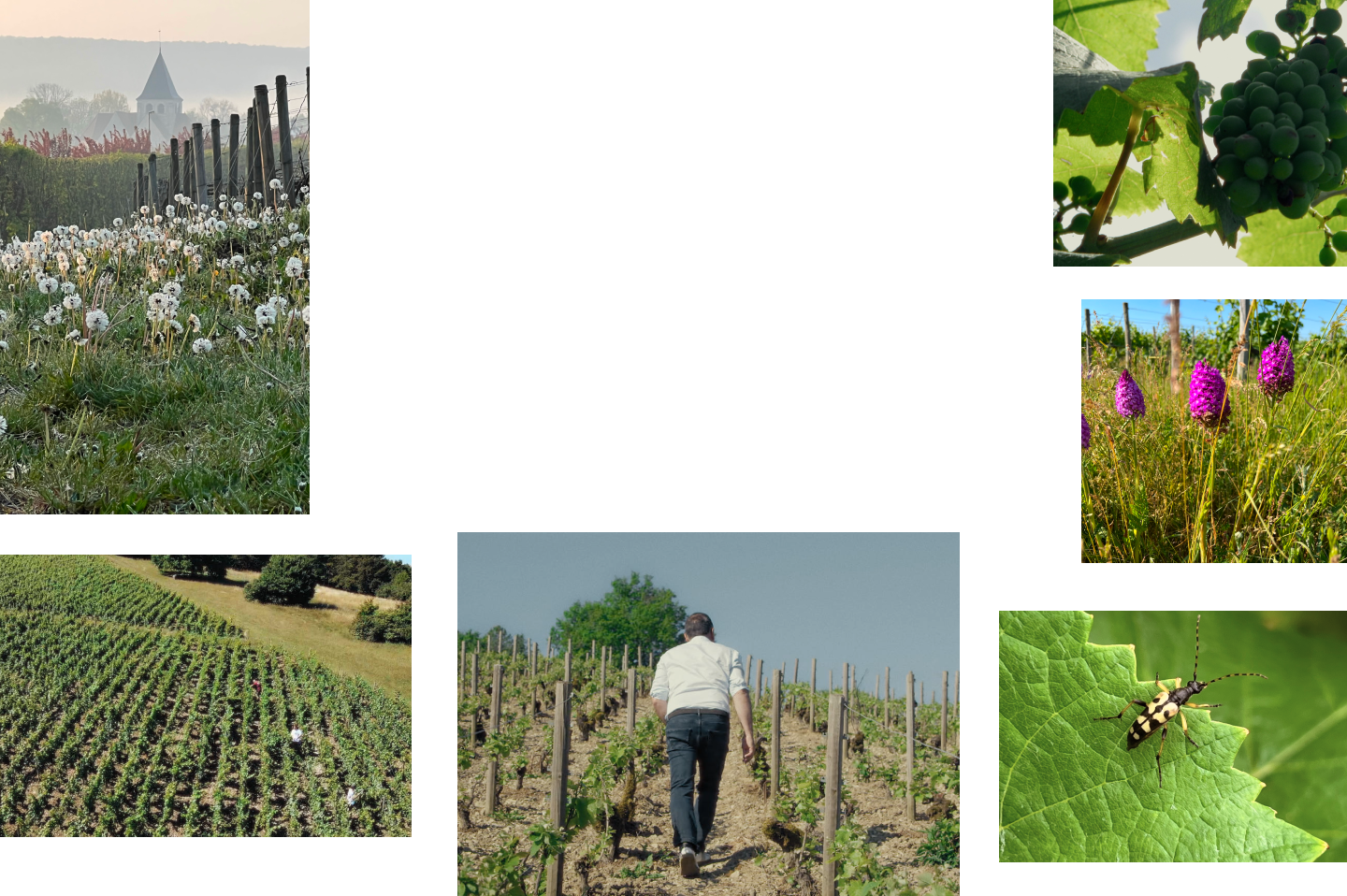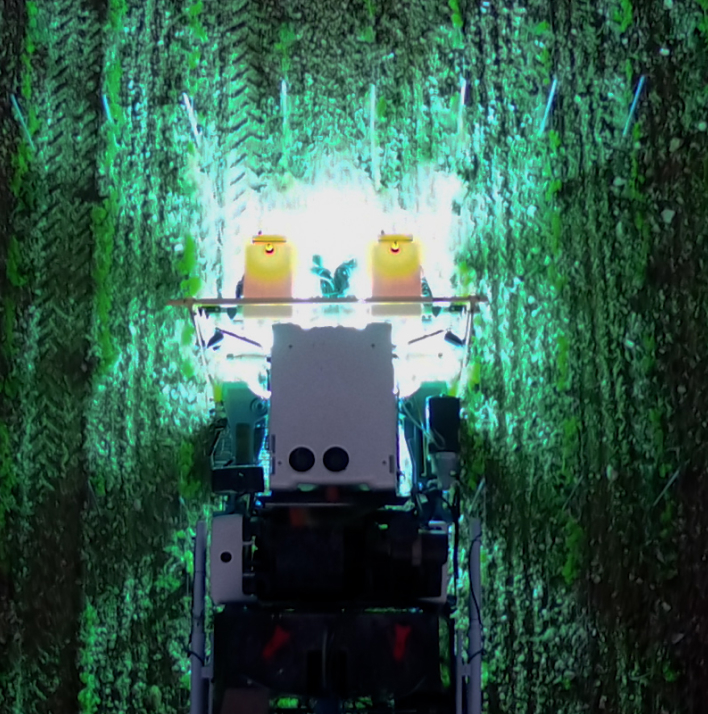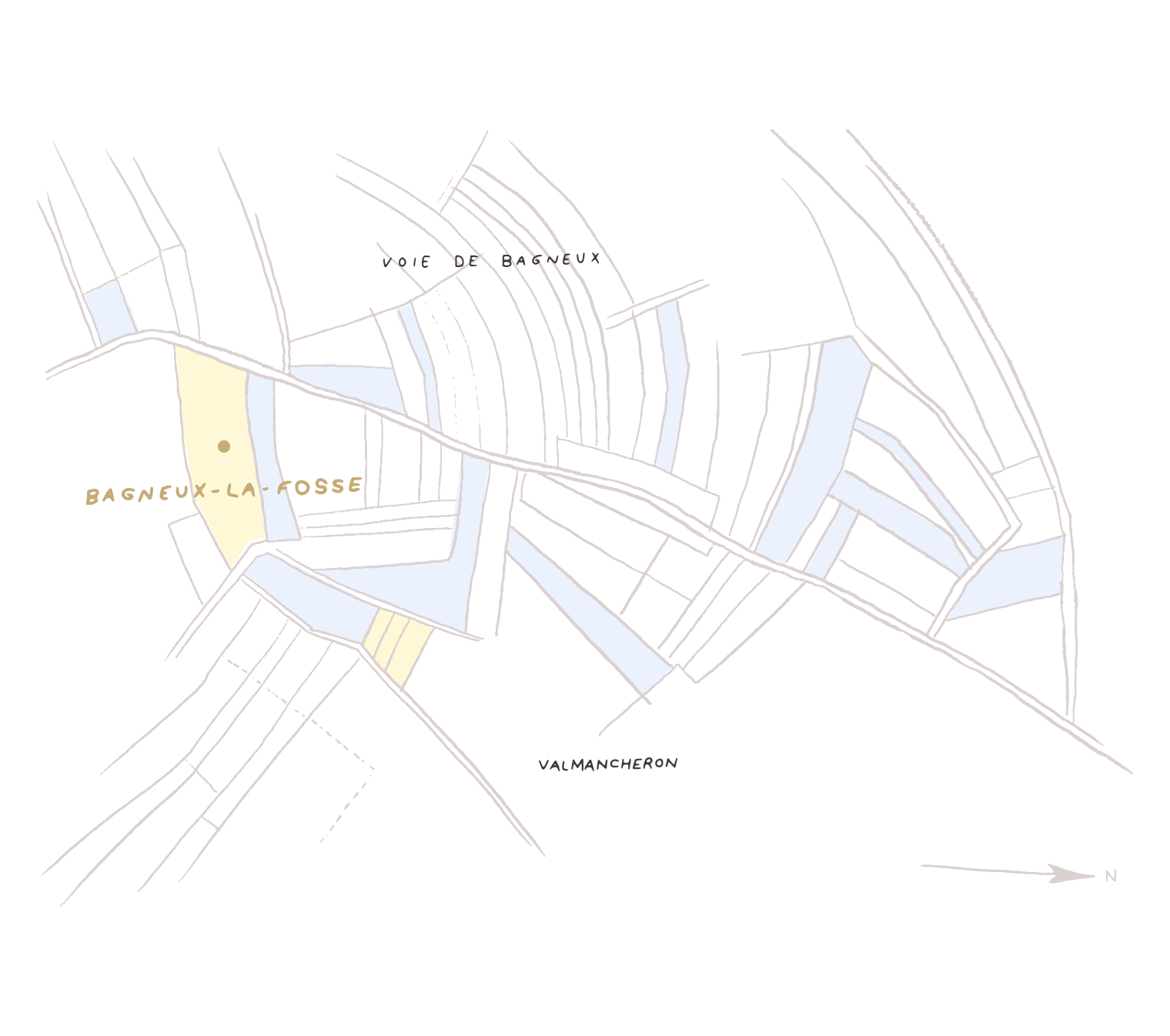

Our ecological approach
Our ecological vision is based on "eco-pragmatic" viticulture, where respect for the environment and innovation combine harmoniously. Our practices evolve as we learn
new things and nothing is ever set in stone.
The history of our company is paved with trials and efforts to reduce our environmental footprint and create a brighter, greener winegrowing future !

Transition to more sustainable viticulture


New sustainable technologies
Discover our vineyard

The Serge Mathieu vineyards covers 11 hectares of vines, all located in the commune of Avirey-Lingey.
The commune is an amalgamation of two villages (1791), at which time there were 700 inhabitants, compared with just 200 today. The vines are 27 years old on average, and are divided between Pinot Noir (80%) and Chardonnay (20%). The soil and climate are south/ south-east facing and the soil is Kimmeridgian or Portlandian.